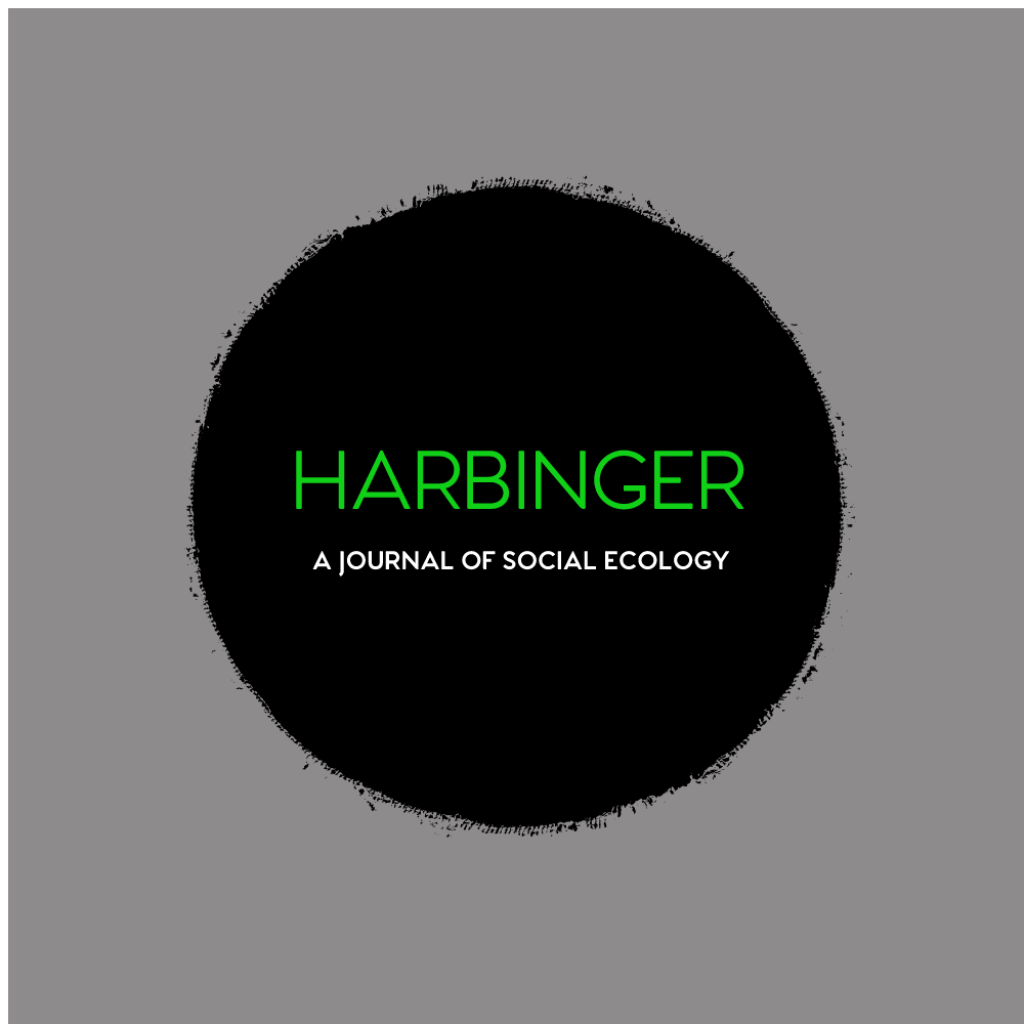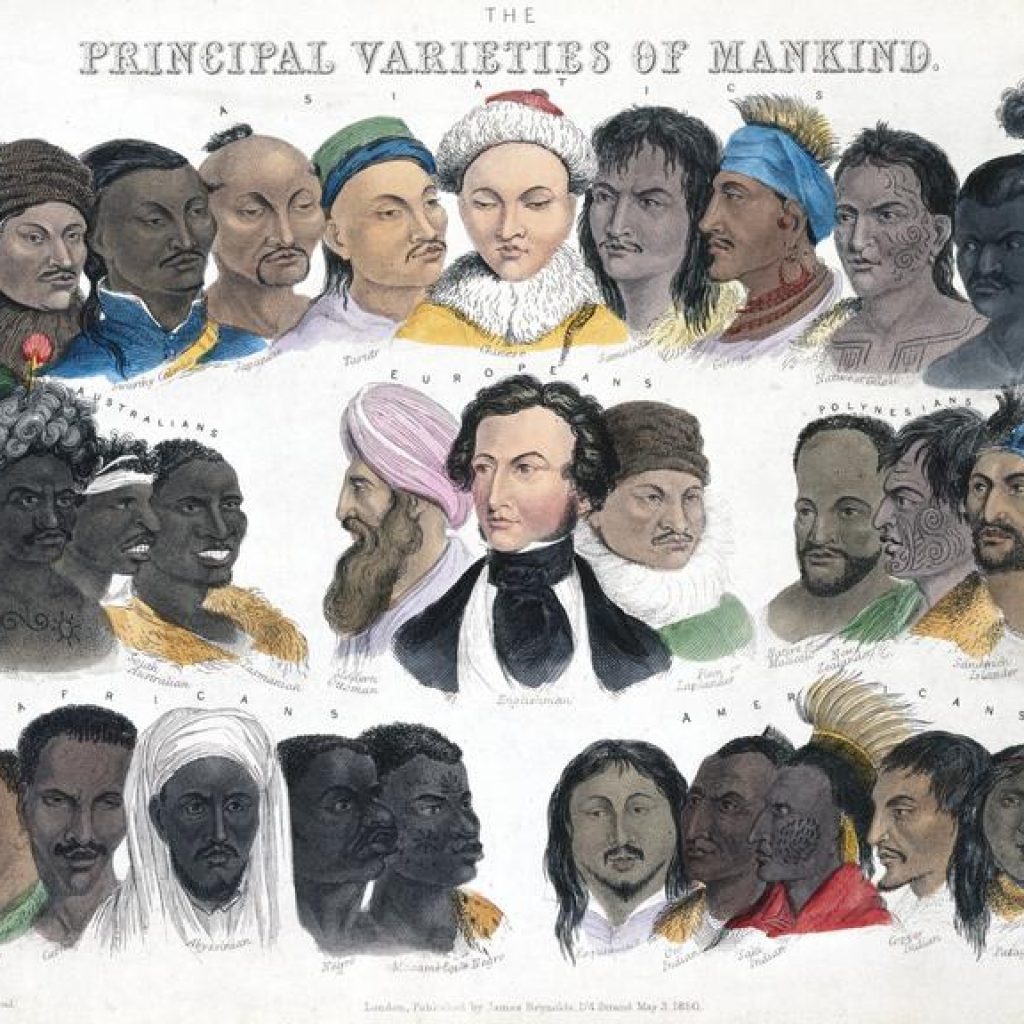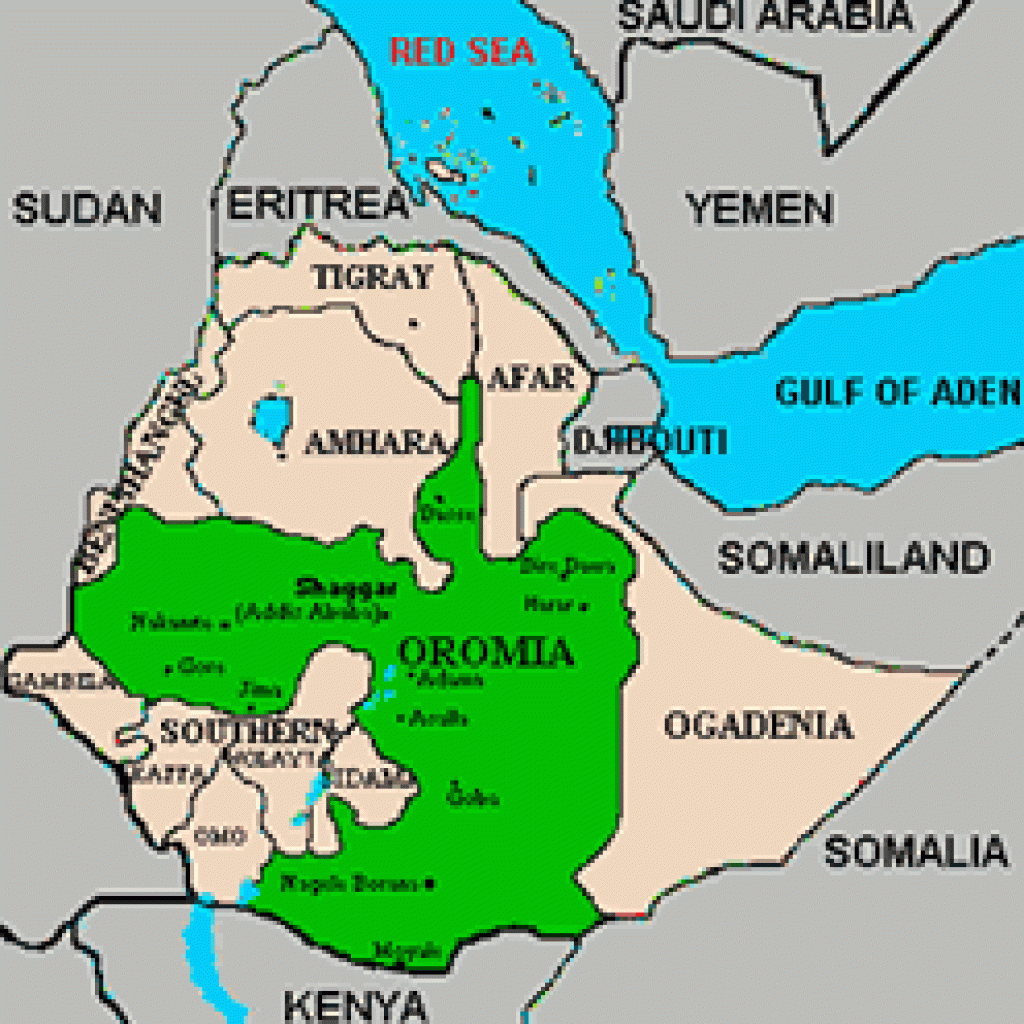Harbinger Issue 3 Call for Submissions: Heresies and Sacred Cows

Harbinger: A Journal of Social Ecology is now accepting submissions for issue 3 on the theme of “Heresies and Sacred Cows.”
Harbinger Issue #2: Race, Racism, and White Supremacy

After two years of pandemic delay, we’re very excited to announce that the new issue of Harbinger: a Journal of Social Ecology has now been released. The issue features nine timely contributions, all exploring social ecological perspectives on race, racism, and colonialism.
Relaunching Harbinger: A Journal of Social Ecology

The Institute for Social Ecology is excited to announce the relaunch of Harbinger: A Journal of Social Ecology – online in late November, 2019!
Harbinger Vol. 2 No. 1: 2001 Contents

 The Institute For Social Ecology has published several issues of Harbinger, A Journal of Social Ecology. This was our first issue (online only) since the original Harbinger journal of the 1980s. Table of contents is here; scroll to page 2 below for articles.
The Institute For Social Ecology has published several issues of Harbinger, A Journal of Social Ecology. This was our first issue (online only) since the original Harbinger journal of the 1980s. Table of contents is here; scroll to page 2 below for articles.
Harbinger Vol. 2 No. 1 — Editorial
By Daniel Chodorkoff
Welcome to the first edition of our second volume of Harbinger, A Journal of Social Ecology. Harbinger is the latest in a long line of publications offered by the Institute for Social Ecology (ISE). With the second edition of Harbinger, we are resurrecting a journal that we published in the 80s. We intend to explore the theory and practice needed to help to create an ecological society, and to cultivate a generous intellectual outlook that can inform the principle of hope. . .
Harbinger Vol. 2 No. 1 — Murray Bookchin interview
By David Vanek
Murray Bookchin, born in 1921, has been involved in leftist politics for seven decades and has written almost two dozen books on a great variety of subjects, encompassing ecology, nature philosophy, history, urban studies, and the Left, particularly Marxism and anarchism. In the 1950s, with his long 1952 essay “The Problem of Chemicals in Food,” he warned against the chemicalization of agriculture and the environment, and with this and other writings, he helped lay foundations of the modern radical ecology movement. He is the cofounder of the Institute for Social Ecology, where he lectures each summer, and professor emeritus at Ramapo College of New Jersey. He is currently finishing the third volume of a trilogy, /The Third Revolution,/ which is a history of the great European and American revolutions.
Harbinger Vol. 2 No. 1 — Urban Seeds
Urban Seeds: What a Cornfield in Kansas and Blvd. Renee Levesque Have in Common
By Andrea del Moral
On urban agriculture and saving seeds…
Harbinger Vol. 2 No. 1 — Hungry for Profit review
Hungry for Profit: The Agribusiness Threat to Farmers, Food, and the Environment
Edited by Fred Magdoff, John Bellamy Foster, and Frederick H. Buttel
Reviewed by Erin Royster
Harbinger Vol. 2 No. 1 — The Oromo and the Ethiopian Empire State; An interview with Amaan

Interviewed by Michael Caplan Amaan, a recent refugee to the United States, participated in the Institute For Social Ecology’s Ecology and Community program in the summer of 1999. Amaan is of Oromo decent. Like most Oromos, he lived in oppressive circumstances under the rule of the “Ethiopian Empire State.” As a people the Oromo make […]
Harbinger Vol. 2 No. 1 — Toward a Historical Perspective of Libertarian and Anarchist Education in the United States

Kai Molloy To explain the endurance and commitment to anarchism by many American radicals throughout the twentieth century, most contemporary historians, scholars, and even radicals have repeatedly emphasized the social, political, economic, or cultural factors. When combined, these factors have sustained the credibility of anarchism as a social theory, philosophy, and practice in the United […]
